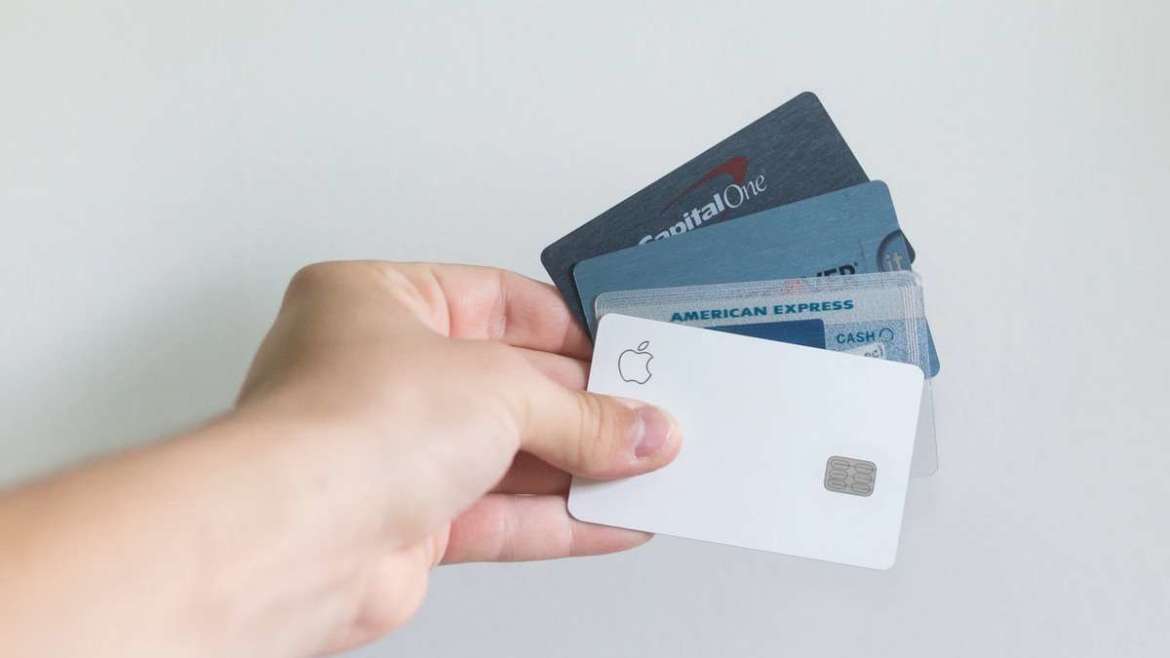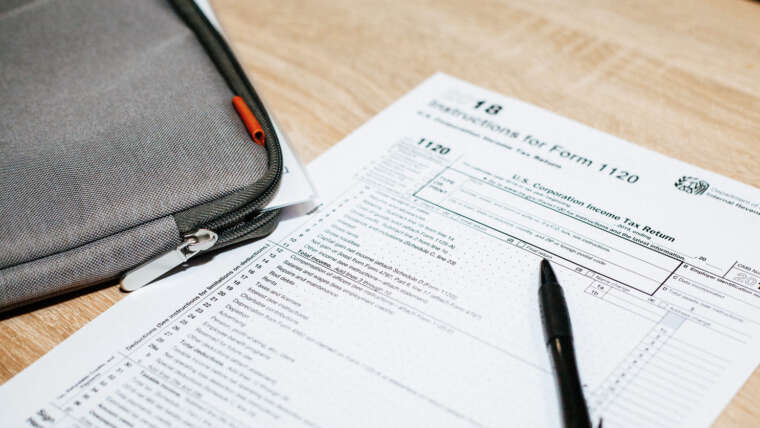Amid the Coronavirus pandemic, the Texas Supreme Court had issued a temporary pause on both debt collection and eviction proceedings. Now, the Texas Supreme Court is saying that these proceedings can resume this month. Translation? Businesses and debt collectors are going to start asking for payment and/or filing lawsuits.
What is Going into Effect and When?
Evictions
The first day that evictions hearings will be able to be held is Tuesday, May 26th. This is also the same day that evictions will start being allowed. However, this lift won’t apply to some tenants that may be protected under federal Coronavirus aid, Relief and Economic Security Act who may live in homes with federally back mortgages. People who are covered under federal moratorium will be protected until August 23rd, 2020.
Debt Collection
In addition, debt collectors will also be able to start collecting beginning this month as well as garnish bank accounts.
With 1.9 million Texans filing for unemployment during COVID-19, this has undoubtedly left a strain on both individuals and businesses alike. But just what effect does the lift in the moratorium cause? Aside from the spike in evictions and debt collection proceedings, this will likely create difficulty for people unable to make good on payments owed.
Though some cites in Texas are offering assistance programs for rentals, there isn’t anything in set in place at the state level.
What This Means Moving Forward
For business in particular, this will mean trying to secure hearings in effort enforce collection from their debtors beginning at the end of the month. For individuals, it will mean trying to delay hearings as long as possible, or determining whether they may fall under some other protection.
It’s worth noting, however, that under the Texas Supreme Court’s order to resume debt collection and eviction proceedings, federally backed mortgages are something of a saving grace in this matter. This is because buildings and other units backed by these federal mortgages are protected from eviction under the CARES Act (Coronavirus Aid, Relief, and Economic Security Act). However, the order does require that landlords specify if any property they own falls under that protection.
Additional Questions about Debt Collection and Eviction Proceedings?
If you have other questions related to the Texas Supreme Court’s order, we encourage you to contact us. We want to ensure that all businesses are protected and are able to set their hearings as soon as they are able to. Working with a business attorney who specializes in this area can help expedite the process, while being more likely to achieve a favorable outcome.



